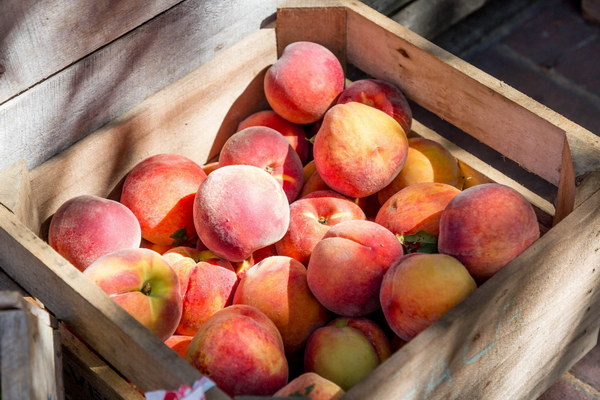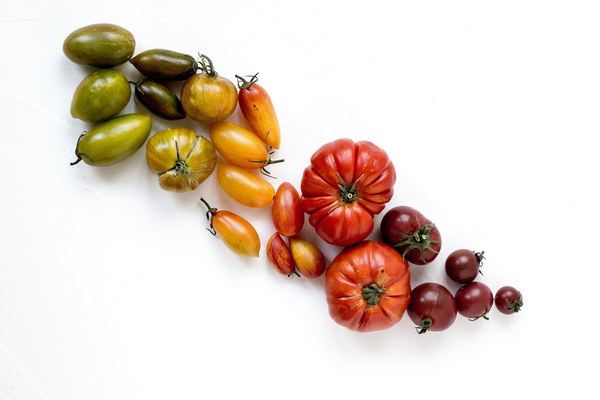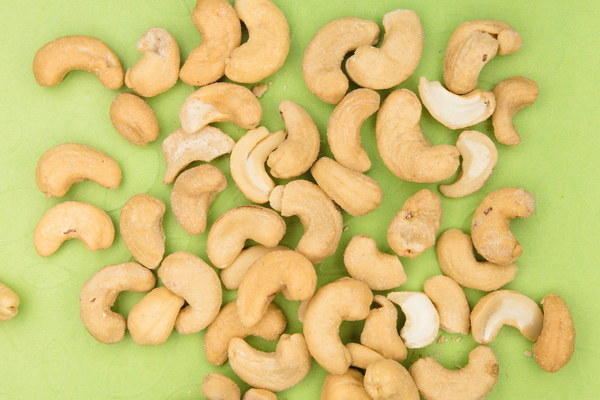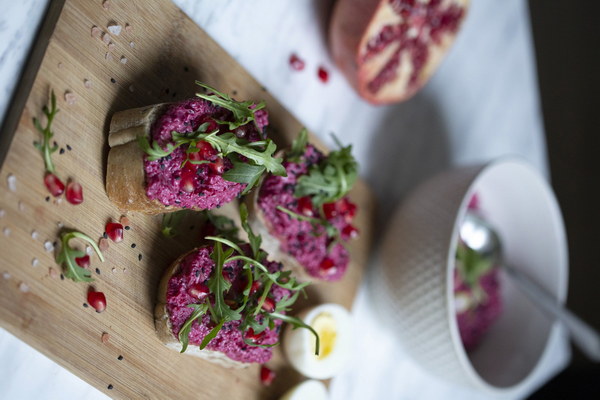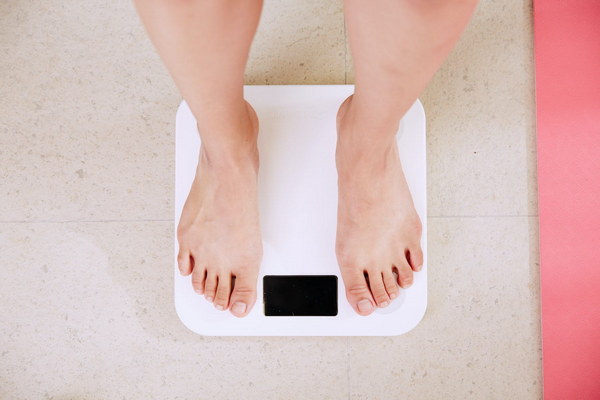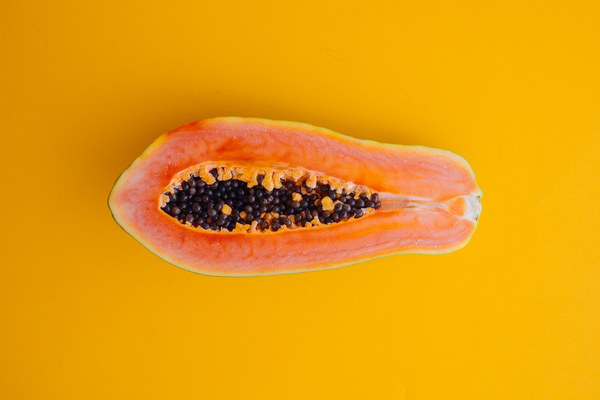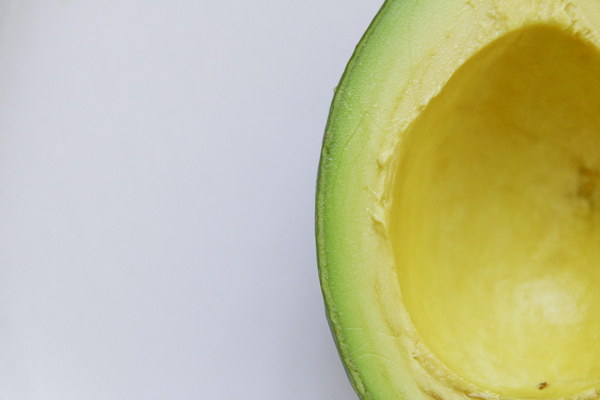Can Pregnant Women Consume Nourishing Congee A Comprehensive Guide
Introduction:
Pregnancy is a crucial period where the health of both the mother and the baby should be a top priority. Nutrition plays a vital role in ensuring a healthy pregnancy. One popular question that often arises is whether pregnant women can consume nourishing congee. In this article, we will delve into the benefits and potential risks of eating congee during pregnancy, providing you with a comprehensive guide.
Benefits of Nourishing Congee for Pregnant Women:
1. Rich in Nutrients:
Congee is a traditional Chinese dish made by slowly cooking rice in water until it becomes a thick, creamy consistency. It is an excellent source of carbohydrates, which provide energy for the mother and the developing baby. Additionally, congee contains essential nutrients such as fiber, vitamins, and minerals, which are vital for maintaining a healthy pregnancy.
2. Easy to Digest:
Congee is known for its soft and smooth texture, making it easy to digest. During pregnancy, the digestive system may become more sensitive, and consuming congee can help alleviate symptoms of indigestion, constipation, and bloating.
3. Hydration:
Congee is a liquid-based dish, which helps keep the body hydrated. Staying hydrated is crucial during pregnancy, as it aids in the proper functioning of the kidneys, maintains amniotic fluid levels, and supports the overall health of the mother and baby.
4. Potential Benefits for the Baby:
The nutrients present in congee can contribute to the baby's growth and development. For instance, the carbohydrates provide energy, while the vitamins and minerals support the baby's cognitive and physical development.
Risks and Precautions:
While congee offers numerous benefits, it is important to be aware of potential risks and take necessary precautions:
1. Avoiding Unpasteurized Ingredients:
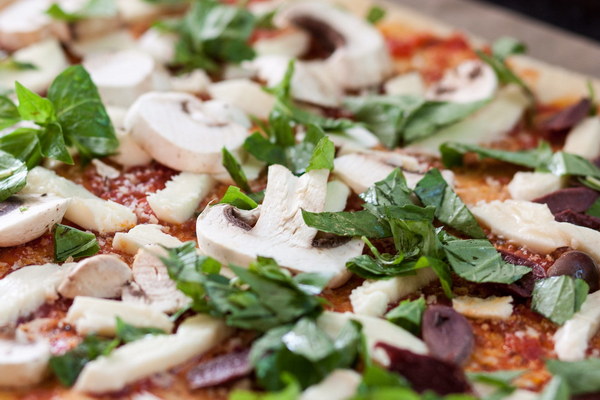
Ensure that the ingredients used to make congee are fresh and pasteurized. Consuming unpasteurized milk or eggs can increase the risk of foodborne illnesses such as salmonella and listeriosis.
2. Limiting Salt Intake:
Congee can be seasoned with salt, which is essential for maintaining electrolyte balance. However, excessive salt intake can lead to high blood pressure, which is a risk factor for preeclampsia. It is advisable to consume congee with limited salt or opt for low-sodium alternatives.
3. Cooking Thoroughly:
To prevent the risk of foodborne illnesses, it is crucial to cook congee thoroughly. Ensure that the dish reaches an internal temperature of at least 165°F (74°C) to kill any harmful bacteria.
4. Consulting with a Healthcare Professional:
Before incorporating congee into your pregnancy diet, it is advisable to consult with a healthcare professional. They can provide personalized advice based on your specific health needs and any potential allergies or dietary restrictions.
Conclusion:
In conclusion, nourishing congee can be a healthy addition to a pregnant woman's diet. Its rich nutrient profile, easy digestibility, and potential benefits for the baby make it a favorable choice. However, it is crucial to take necessary precautions and consult with a healthcare professional to ensure the safety and suitability of consuming congee during pregnancy. Remember, a balanced diet and proper nutrition are key to a healthy pregnancy.
